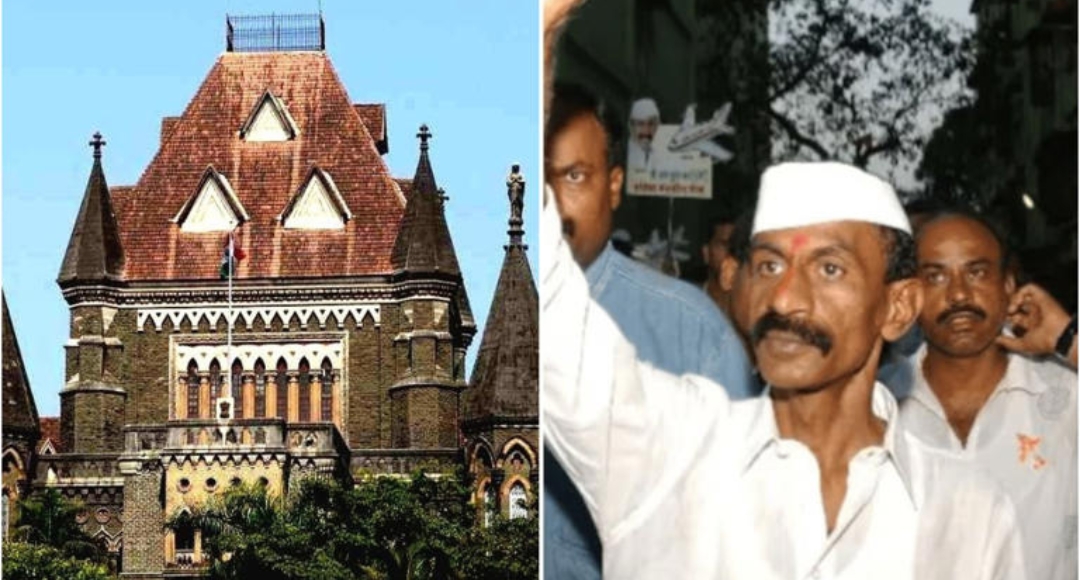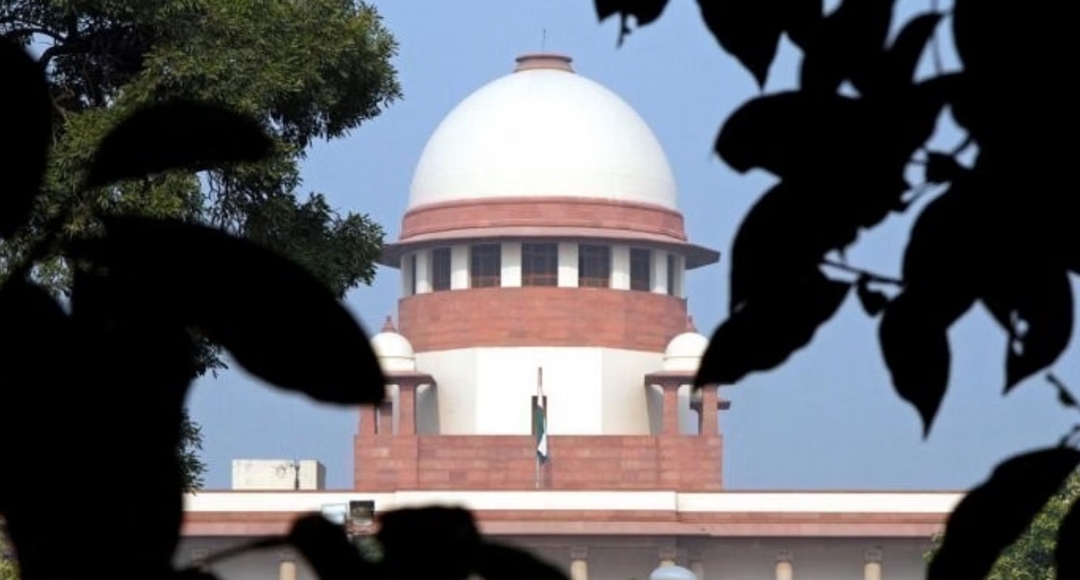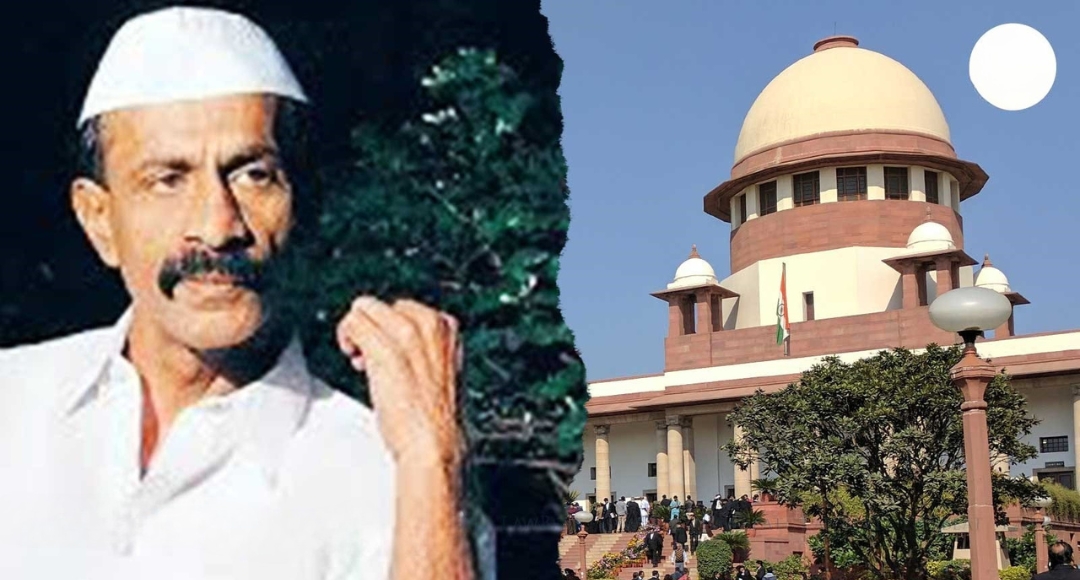Hello friends, Today we are talking about the case of Mumbai’s famous gangster-turned-politician Arun Gawli, whose bail plea has been rejected by the Supreme Court. Arun Gawli, who is serving a life sentence in the 2007 murder case of Shiv Sena corporator Kamlakar Jamsandekar, had appealed for bail. Gawali claimed that he had followed all the rules of the release policy made in 2006, but the Supreme Court did not give any concession on this. The bench of Justice Sudhanshu Dhulia and K. Vinod Chandran refused to interfere with the decision of the Bombay High Court, which had already rejected his bail plea.
Bombay High Court had given 28 days’ leave

It is worth noting that on January 7, the Nagpur bench granted 28 days of furlough (short-term leave) to Arun Gawli. Earlier, when the Deputy Inspector General (DIG) Prisons (Eastern Region) Nagpur rejected his furlough petition, he moved to the High Court. Arun Gawli’s name became famous in the streets of Mumbai when he made his mark with Dagdi Chawl. Later, he formed a party named Akhil Bharatiya Sena and was also an MLA from the Chinchpokli seat of Mumbai from 2004 to 2009.
How did he get caught in the murder case?
Arun Gawli was arrested in 2006 and was accused of murdering Shiv Sena leader Kamlakar Jamsandekar. After hearing the case, in August 2012, the Mumbai Sessions Court sentenced him to life imprisonment and also imposed a fine of Rs 17 lakh.
Supreme Court’s tough stand
The Supreme Court’s decision in this case shows that it is in no mood to show any leniency in serious crimes. The fusion of crime and politics has always been a matter of concern for Indian democracy and this verdict can become an important precedent in cases where politicians are found involved in crime.

Disclaimer: This article is written for information and awareness purposes only. It does not have any bias towards any person or institution. Readers are requested to contact an expert for any legal opinion.
Also Read:
Supreme Court Slams Overpriced Lawyers: Justice Must Be Accessible to All
Understanding the Law of Torts Bare Act: A Complete Guide
What is Tort Law: Legal Concepts and Practical Examples






